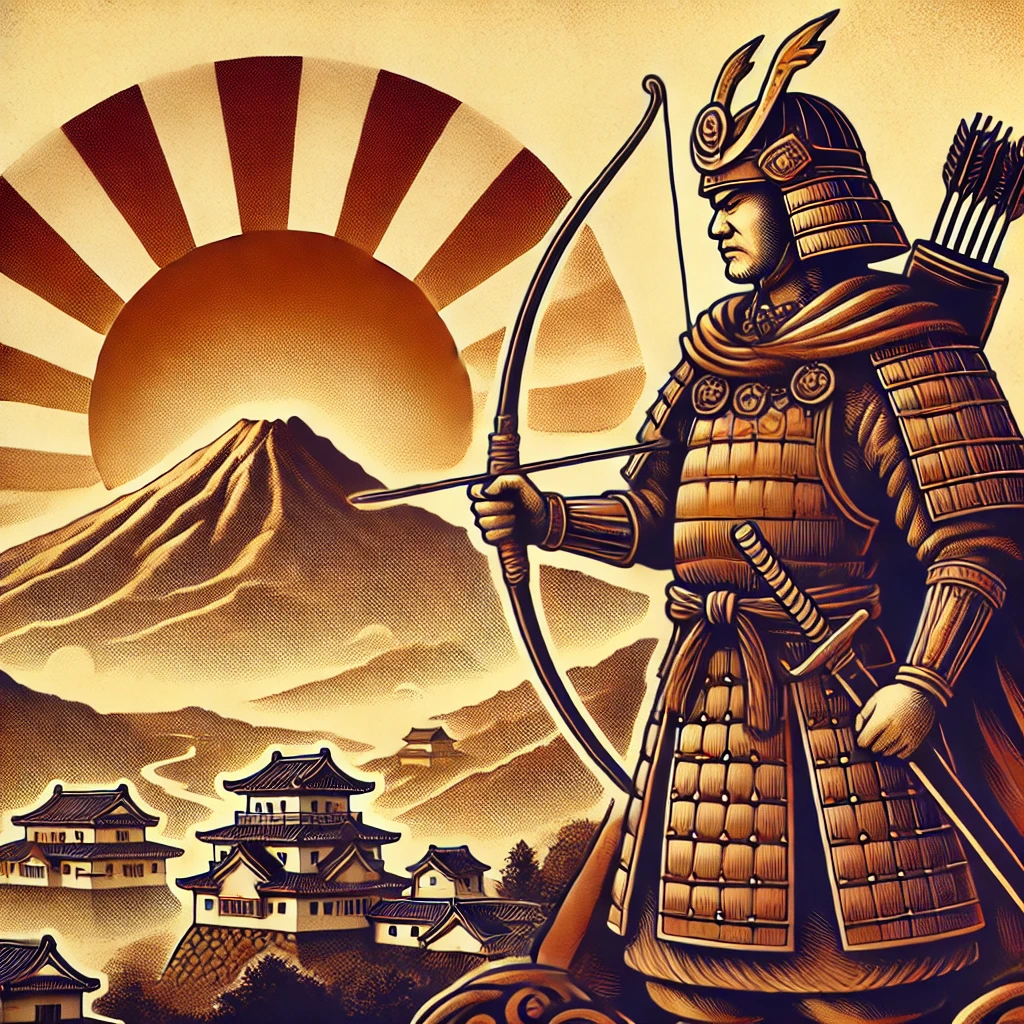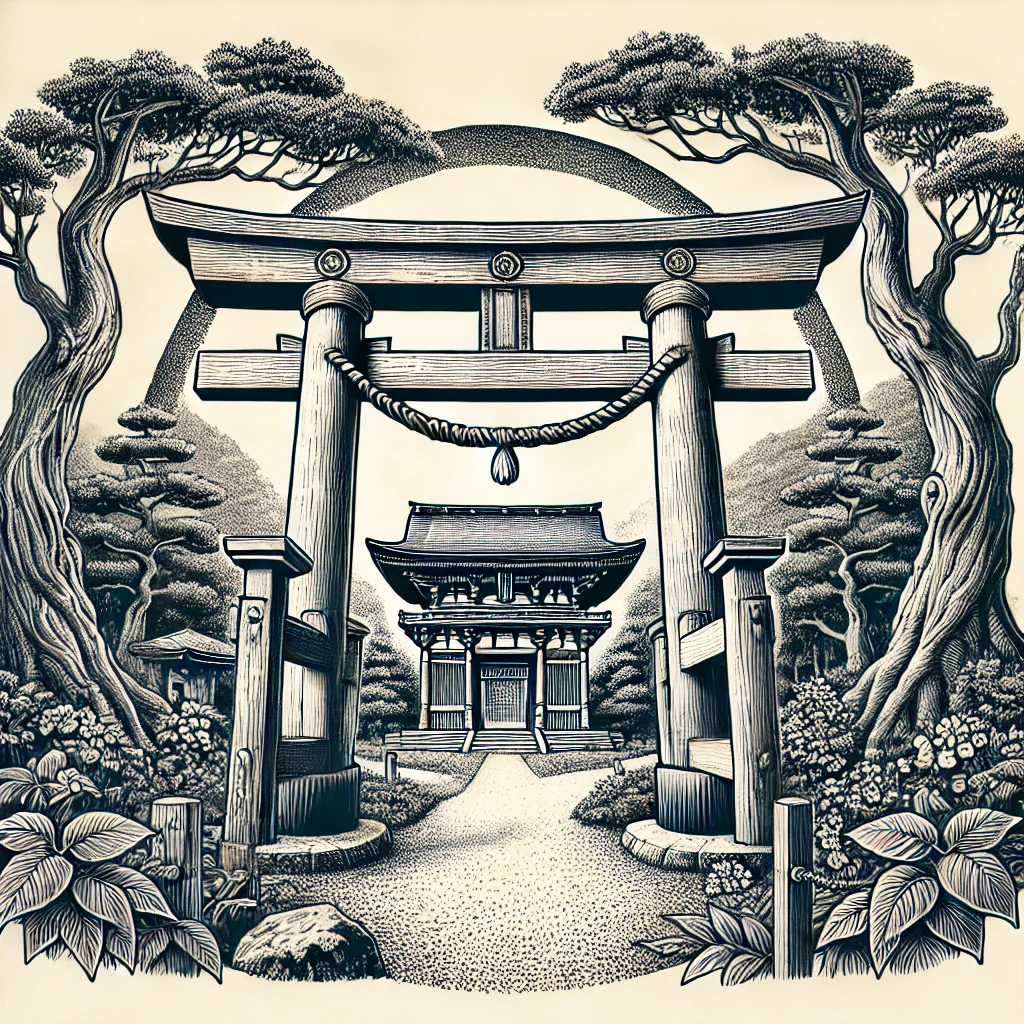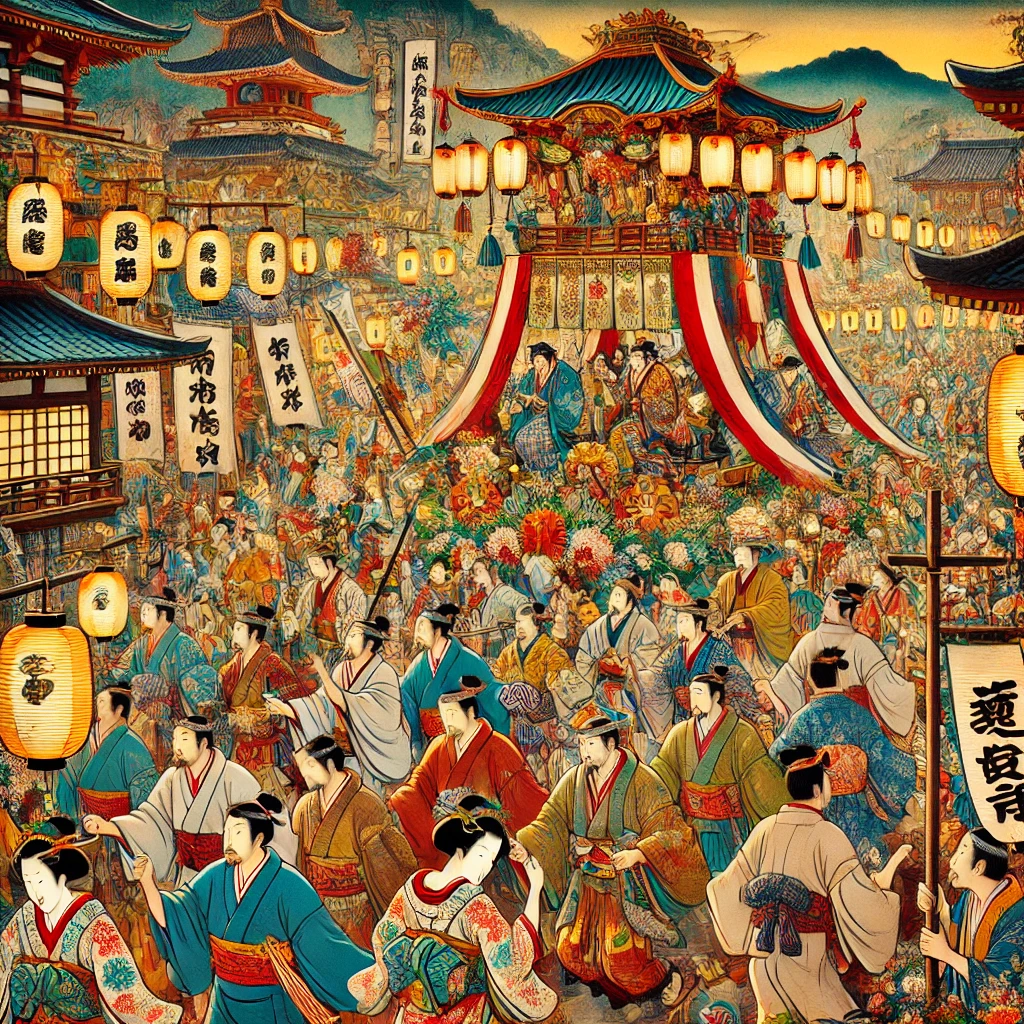According to legend, on February 11th, 660 BC, Emperor Jimmu ascended to the throne, marking the traditional date for the foundation of Japan and the beginning of the imperial dynasty. This event, rooted in mythology and cultural tradition, signifies the birth of the Japanese nation and the establishment of an imperial lineage that continues to this day. While historical evidence of Emperor Jimmu’s existence remains elusive, his legacy plays a crucial role in shaping Japan’s national identity and historical consciousness.
Emperor Jimmu is said to have been a direct descendant of Amaterasu, the Shinto sun goddess, reinforcing the divine origins of Japan’s imperial family. According to the Kojiki and Nihon Shoki, Japan’s oldest historical texts, Jimmu embarked on an eastern campaign from Kyushu, overcoming various obstacles and rivals before establishing his rule in Yamato (modern-day Nara Prefecture). His ascent to the throne on February 11, 660 BC, marks the official start of Japan’s imperial dynasty, which is regarded as the longest continuous hereditary monarchy in the world.

The Mythological Origins of Emperor Jimmu
The foundation of Japan as attributed to Emperor Jimmu is not just a legend but a crucial aspect of Japan’s cultural and national heritage. Throughout history, the myth of Jimmu has been used to unify the nation and promote the idea of imperial divinity. During the Meiji era (1868–1912), when Japan underwent rapid modernization and sought to solidify its national identity, Emperor Jimmu’s legacy was heavily emphasized to promote loyalty to the emperor and the state.
Historical Significance and Cultural Influence

The establishment of National Foundation Day (Kenkoku Kinen no Hi) as a public holiday further reinforced the importance of this foundational myth in shaping Japan’s historical narrative. While modern historians view Emperor Jimmu’s existence as largely mythical, his story remains a vital part of Japan’s cultural fabric. National Foundation Day, celebrated on February 11th, continues to be an occasion for reflecting on Japan’s past and its national identity.
The Japanese imperial family, which traces its lineage back to Jimmu, still plays a ceremonial and symbolic role in the country’s governance. Even in contemporary Japan, the notion of an unbroken imperial lineage holds significant cultural weight, reflecting a deep respect for tradition and continuity in Japanese society.
The Legacy of Japan’s Imperial Tradition Today

Despite debates about the historicity of Emperor Jimmu, his legend persists as a powerful symbol of Japan’s origins and unity. As the nation moves forward, the myth of its founding continues to serve as a reminder of the deep historical roots that shape modern Japan’s identity and cultural heritage.
